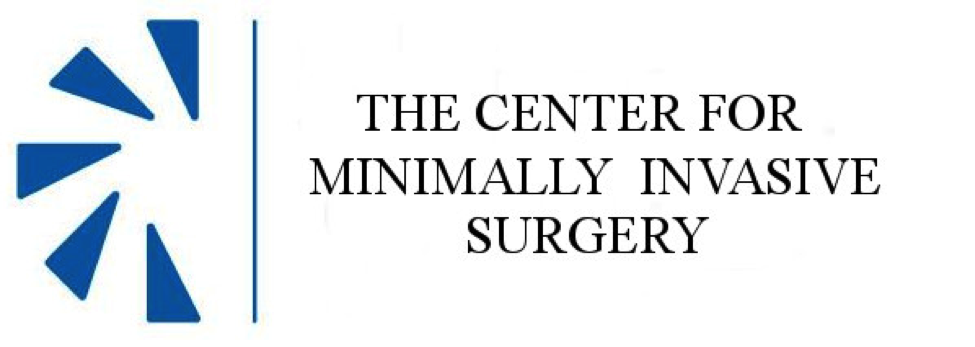Benign Or Not, Remove Masses
Mouth and neck masses can be uncomfortable and require treatment to improve the individual’s quality of life. The masses can increase in size, causing several health problems if left untreated. The good news is that several different treatment options are available. Depending on the mass size and location, surgery, known as excision, is the best option for removing the tissue. Preparing for the operation is critical to a smooth procedure and easy recovery.

What is excision for masses?
The surgical procedure involves removing a tumor or other mass from the surface of the tongue, lips, throat, or neck. This surgery is typically performed when the tumor has grown large enough to affect the patient’s appearance. Additionally, most masses cause physical symptoms such as pain or difficulty swallowing. In some cases, the excision of a mass is done to remove tumors that have not yet been diagnosed. Removal helps evaluate a suspected lump detected by a biopsy or physical examination. After removing the mass, the affected area will be stitched together to allow healing.
A visit to the doctor
When having surgery to remove a mass, a critical step is to visit the surgeon for pre-operative instructions. During this appointment, the doctor will thoroughly explain the procedure, answer all questions, and address any concerns. Patients should also disclose relevant medical information to the doctor before the procedure. This includes medications and supplements, allergies, recent illnesses, and any medical conditions that may affect the outcome of the surgery.
Do’s and don’ts
The doctor will also recommend patients refrain from taking certain medications that may interfere with anesthesia before the operation. These may include nonsteroidal anti-inflammatory drugs (NSAIDs), blood thinners, and over-the-counter (PTC) cold and allergy medications. In addition, most patients will be asked to avoid eating or drinking anything after midnight the night before surgery. To reduce the risk of complications during recovery, patients who smoke will be told to stop tobacco consumption a few weeks before the procedure. Make sure to get sufficient rest. As excision of mouth and neck masses can happen at an ambulatory surgical center (ASC), make sure someone is available for transport the same day.
Surgery day
Patients should arrive at the hospital several hours before the scheduled procedure to complete the pre-admission process. This will include filling out the necessary paperwork, checking vital signs, and providing consent for the procedure. The patient may also need to sign a consent form allowing the hospital staff to take photos during the process for educational purposes. After the pre-operative assessment, a surgical team member will take the patient to the surgical area.
Take note of specific instructions
The steps mentioned above are the general instructions given to patients before surgery. Sometimes, the surgeon may provide additional instructions relevant to a specific patient’s condition. This may include modifying a recommended medication regimen, changing food habits, or performing specific procedures to prepare the body for surgery. Pay close attention to these additional recommendations and follow the surgeon’s instructions to ensure a safe and successful outcome.
Recent Posts
ACL Repair: Will You Have Range Of Motion With Your Knee After Recovery & Physical Therapy?
After an ACL injury, ROM can be negatively affected. ACL repair surgery helps restore function, but physical therapy is essential to ROM.
Arthroscopy: What Are The Benefits Of This Minimally Invasive Outpatient Orthopedic Procedure?
Arthroscopy can help diagnose or treat joint conditions. Benefits of the MIS include faster recovery, less pain, and fewer scars.
Posterior Interbody Lumbar Fusion: What Are The Benefits Of PLIF For People With Back Pain?
People with chronic back pain may benefit from posterior interbody lumbar fusion surgery. PLIF can reduce pain and improve stability.
Saying Goodbye To Tonsil Troubles: The Benefits Of Minimally Invasive Tonsillectomy
Chronic tonsilitis or other tonsil troubles can impact health and well-being. A minimally invasive tonsillectomy can reduce infections.








